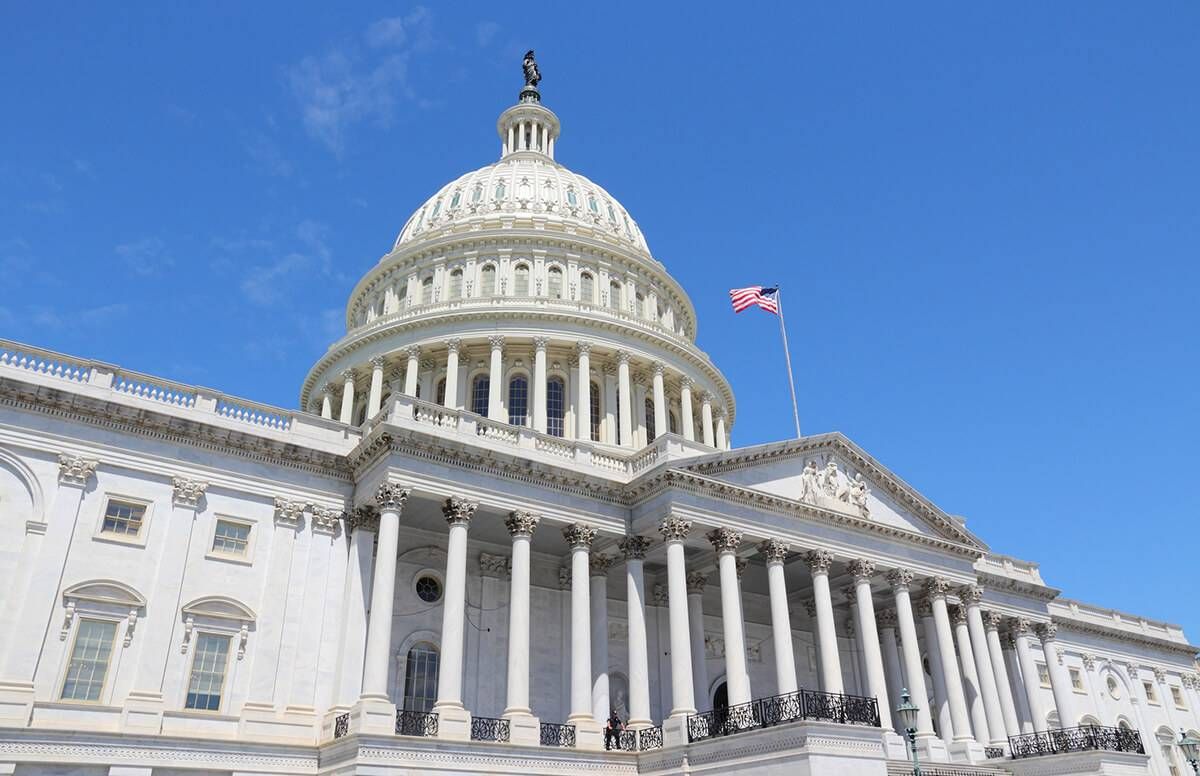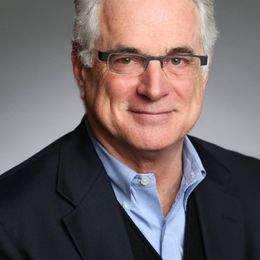The Boomers' Role in Social Security and Medicare Changes
His advice to President Trump and Congress: 'We're all in this together'
The new Trump administration is gaining traction. Look at the recent executive orders designed to accelerate building a wall along the Mexican border, a temporary ban on most refugees and the suspension of visas for people from Syria and six other Middle East countries. At this rate, it won't be long before Republicans take up cutting back Social Security and Medicare benefits and making other adjustments to partly to ensure those programs’ solvency and possibly open them up more to financial institutions (Social Security) and commercial insurers (Medicare).

When the austerity overhaul is broached, I have a simple plea: Don’t use the common tactic of exempting aging boomers from cuts to these two programs.
“It’s an offensive idea,” says Eric Kingson, a professor of social work at Syracuse University, founding co-director of the Social Security Works and co-chair of the Strengthen Social Security campaign. “It’s unjust.” I think Kingson is spot on. Let me explain why.
Competing Views on Altering Social Security and Medicare
But first, a little recent history:
When John “Mick” Mulvaney, President Trump’s pick to head the Office of Management and Budget, had his Senate hearing, his views on changing Social Security and Medicare benefit grabbed a good deal of attention.
He backed gradually raising the Full Retirement Age for Social Security to 70, and adopting means-testing for Medicare — requiring higher-income beneficiaries to pay more of Medicare’s costs. (Republican chairman of the House Ways and Means Social Security subcommittee, Sam Johnson, would raise the retirement age from 67 to 69 and reduce Social Security’s annual cost of living adjustments.) Mulvaney voiced support for Speaker of the House Paul Ryan’s “premium support” Medicare overhaul — providing older Americans with a fixed dollar subsidy (think vouchers) to purchase Medicare health insurance.
Mulvaney sought to reassure Senators and the public that he wasn’t a radical. Benefits cuts to Social Security and Medicare shouldn’t impact those currently receiving benefits, he emphasized. Similarly, Ryan’s Medicare premium support plan excludes those near, or in, retirement. Conservative blueprints for reducing benefits and privatizing America’s major safety net programs typically exclude those now 55 and over or 60 and above (depending on the plan).
The Door Has Been Opened
Now, I’m skeptical that President Trump will go along with Social Security and Medicare cuts based on what he said emphatically about the sanctity of those programs during the campaign.
His base isn’t eager for benefit cuts, either. According to a Pew Research Center poll last March, 73 percent of registered voters who were Trump supporters opposed benefit cuts to Social Security.
But the door is open. So I say: If Social Security and Medicare restructuring ideas are good for Millennials and Gen X, the reforms should work for, and include, boomers, too.
The Origin of Grandfathering Retirees and Near Retirees
The tactic of exempting seniors took hold among advocates of privatizing Social Security in the early 1980s. For example, Stuart Butler and Peter Germanis, then at the conservative Heritage Foundation think tank, proposed sowing doubts among younger generations about the future viability of Social Security and creating a coalition of interests that would benefit from privatization, such as financial institutions. They also strongly recommended telling the retired and those nearing retirement that their promised benefits would be paid in full.
They wrote: “The political power of the elderly will only increase in the future... So any proposal aimed at cutting benefits will face increasingly stiff opposition from the elderly, undermining prospects for genuine reform. Any plan to change the system must therefore be neutral or (better still) clearly advantageous to senior citizens. By accepting this principle, we may succeed in neutralizing the most powerful element of the coalition that opposes structural reform.”
This kids versus canes tactic is now standard operating procedure whenever Social Security and Medicare cuts come up. But the idea that one generation’s gain is another generation’s loss is flatly false. And the ageist view that older Americans will vote their material self-interest as a block ignores the rich diversity of elders, with differing financial resources, work histories, family relations, educational attainment and mental and physical health.
“Let’s change the narrative about relations between young and old away from conflict,” says Marc Freedman, head of the social venture Encore.org, based in San Francisco.
Stop Pitting the Generations Against Each Other
The evidence is already overwhelming that the conflict narrative doesn’t work outside Washington.
Study after study, poll after poll, finds that support for Social Security is multigenerational. For instance, a 2014 Pew Research survey found large majorities across all generations agreeing that Social Security benefits shouldn’t be reduced. The percentages: Silent Generation, 74 percent; boomers, 69 percent; Gen X’ers, 67 percent and Millennials, 61 percent. Let’s stop trying to pit one generation against the other.
To be clear, I’m against cutting Social Security benefits. Period (as Trump Press Secretary Sean Spicer might say). I would prefer boosting the benefits for what has become the primary pension plan for a majority of retired Americans. (You can read my reasoning in Next Avenue columns like this, this and this.) I’m no fan of Ryan’s premium support plan with Medicare, either. It’s a mistake to shift the risk of health care price increases from taxpayers to Americans 65 and older.
Would It Be Fair to Boomers?
To be sure, it may seem unfair to suddenly change the rules of the game on boomers nearing retirement, let alone on those who have already filed for Social Security and are on Medicare. (For fairness reasons, there is, however, a case for exempting the Silent Generation.) But boomers are used to major changes — whether in how we work (think computers), overhauling the tax rules (1986 tax reform) or retirement savings plans (the rise of 401(k)s).
They'll adjust. They always do.
If Social Security and Medicare end up privatized for my Millennial sons, I want them to be privatized for their boomer parents. The same goes for other ways to reduce benefits. We’re in this together. It’s only fair.


